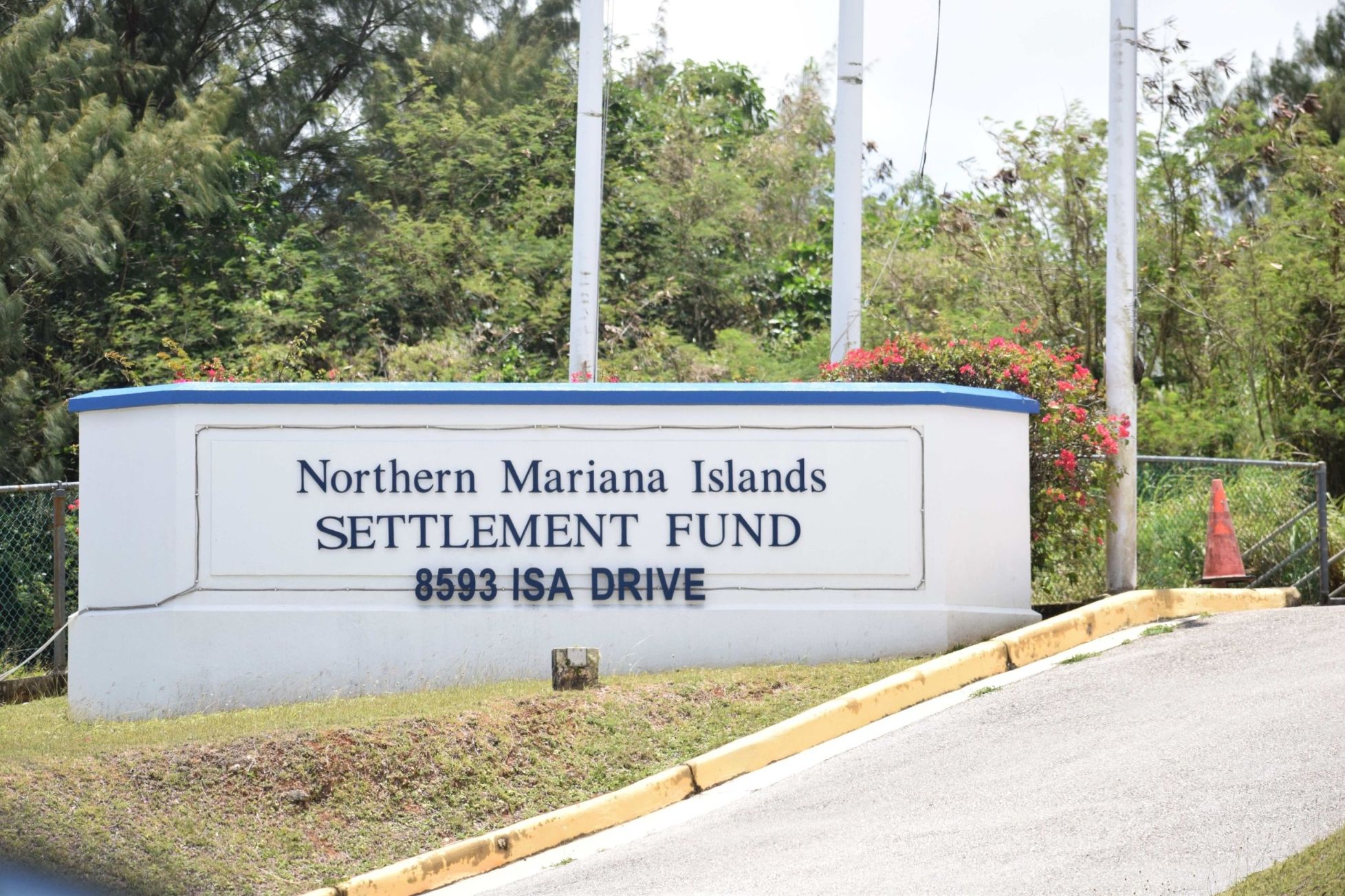DOCTOR John Doyle has asked the federal court to rule in his favor and dismiss with prejudice the U.S. government’s allegation that he dispensed opioids and controlled substances 73 times.
In its lawsuit, the U.S. Attorney’s Office for the Districts of Guam and the NMI also wants Doyle to pay civil penalties in the total amount of $4,936,771.
Doyle, who is represented by attorney Steven Pixley, demanded a jury trial.
In response to the allegation, Pixley posited three affirmative defenses:
• Plaintiff’s complaint fails to state a claim upon which relief can be granted pursuant to Rule 12(b)(6) of the Federal Rules of Civil Procedure
• The court lacks subject matter jurisdiction over plaintiff’s complaint because defendant has not violated the Controlled Substances Act. At all times relevant to the complaint, the prescriptions in question were issued pursuant to a bona fide physician-patient relationship in the usual course of practice with a good faith belief that the prescriptions and his treatment plan serve a legitimate medical purpose. Prescriptions are lawful if they are “issued for a legitimate medical purpose by an individual practitioner acting in the usual scope of his professional practice.”
• The complaint as a whole, and each purported claim for relief alleged and remedy sought therein, is barred in whole or in part by the applicable statute of limitations.
The complaint alleged that Doyle issued multiple prescriptions for high quantities of a dangerous combination of drugs — opioids, benzodiazepines, and muscle relaxants — as well as other controlled substances to the spouse of a colleague, frequently, without examining the patient.
He also allegedly issued other controlled substances to another patient, “ignoring obvious signs of addiction and physical mental deterioration.”
The complaint stated that the Drug Enforcement Agency reviewed select patient files of Doyle from 2015 to 2020, and conducted an investigation of his controlled substances prescribing activities from October 2016 to January 2020.
The DEA also reviewed patient files from Marianas Medical Center and the Commonwealth Health Center for two patients; prescription logs at Pacific Health Inc. and Brabu Pharmacies; as well as a patient’s medical and prescription records from San Diego, California, where the patient traveled to and from frequently.
In addition, the DEA conducted two interviews with Doyle on Jan. 7 and 9, 2020.
But Pixley said Doyle was not provided with a transcript of the interview.
“He was provided with a summary of the interview which he submits does not accurately reflect his statements during the interview,” the lawyer said.
The lawyer said Doyle knew that one of his patients “was having mental difficulties [so] he took action to obtain psychiatric treatment for [the] patient…subject to the limited mental health resources available in the Northern Mariana Islands.”












